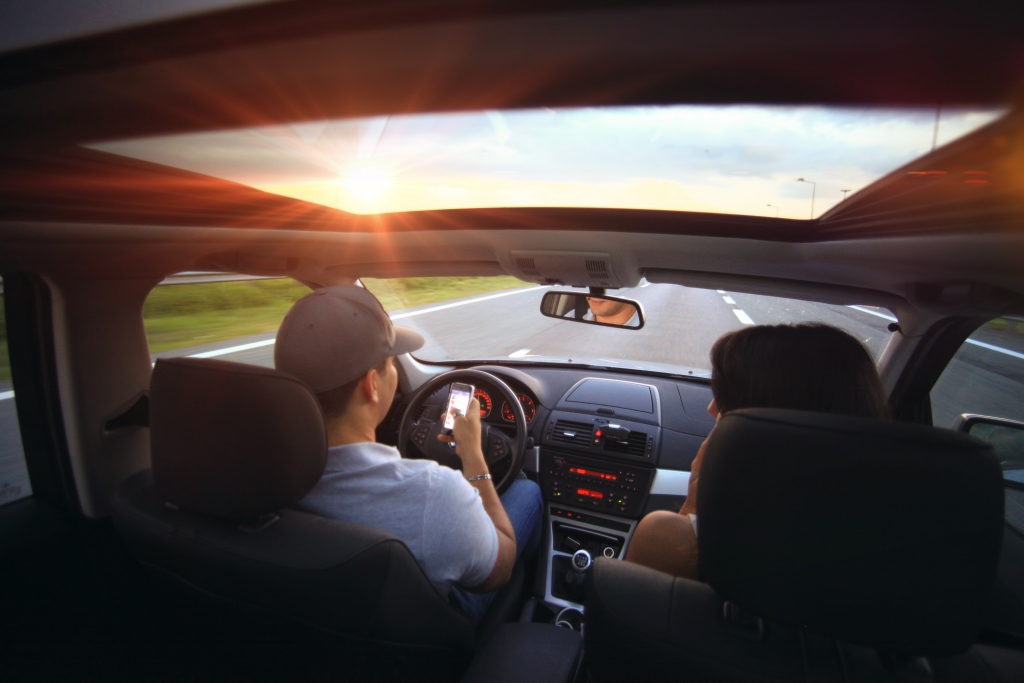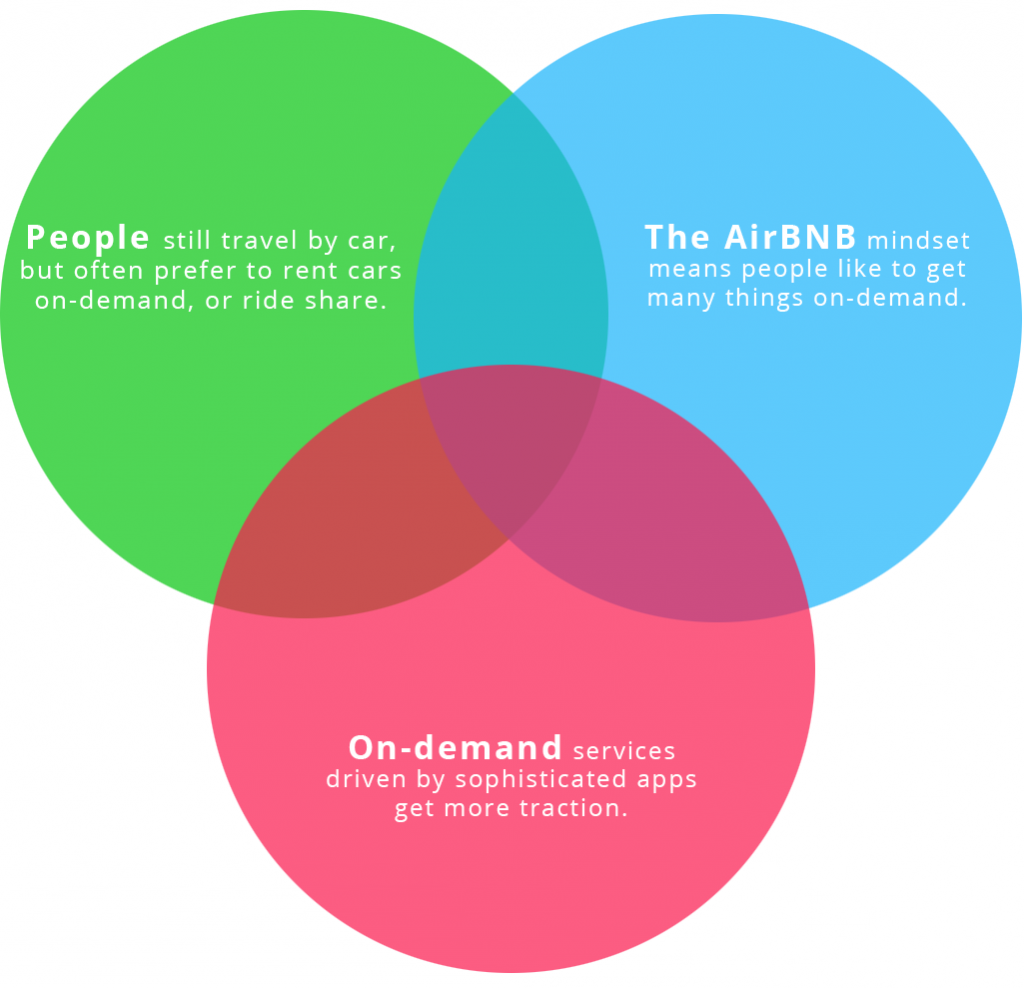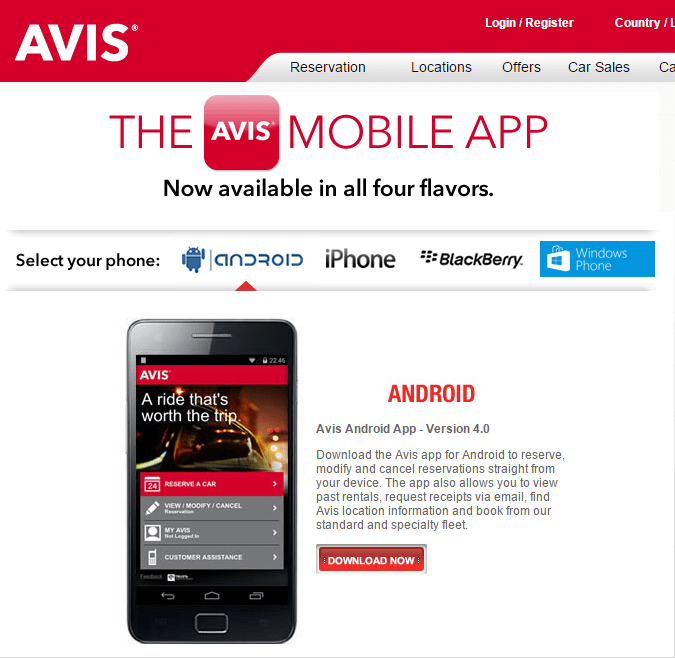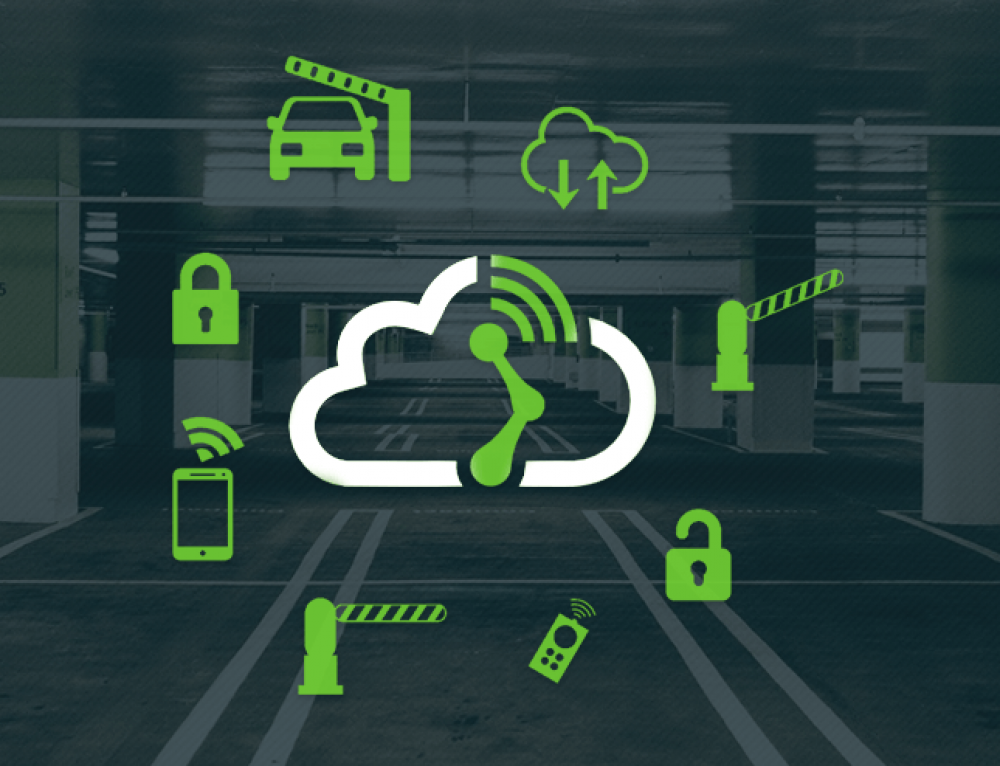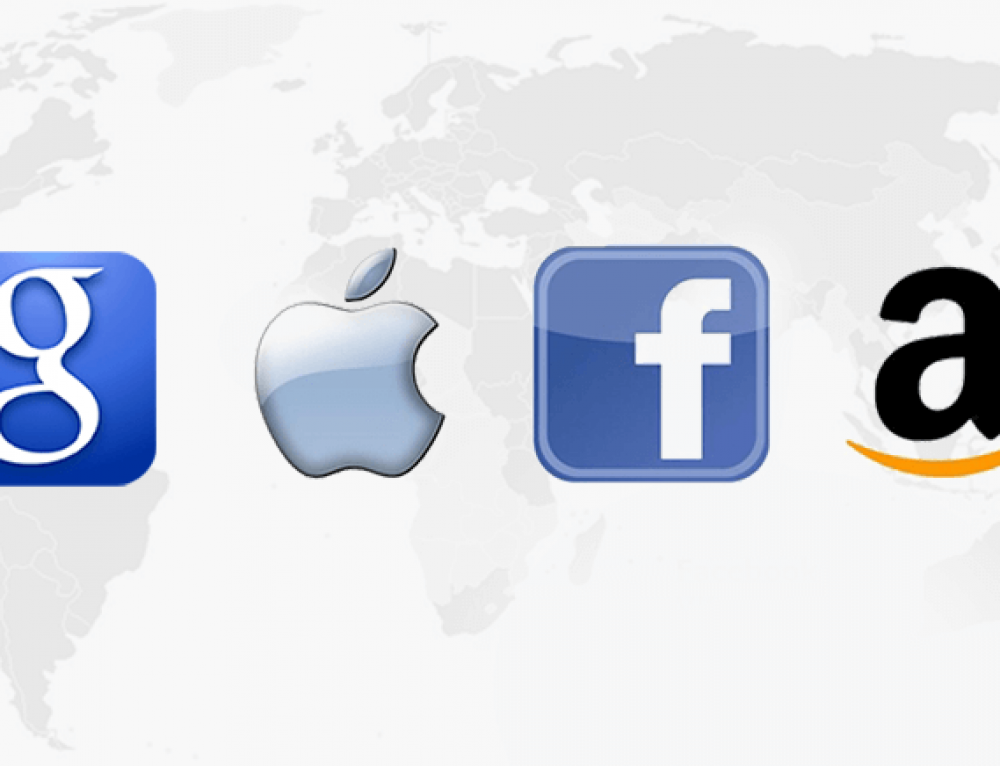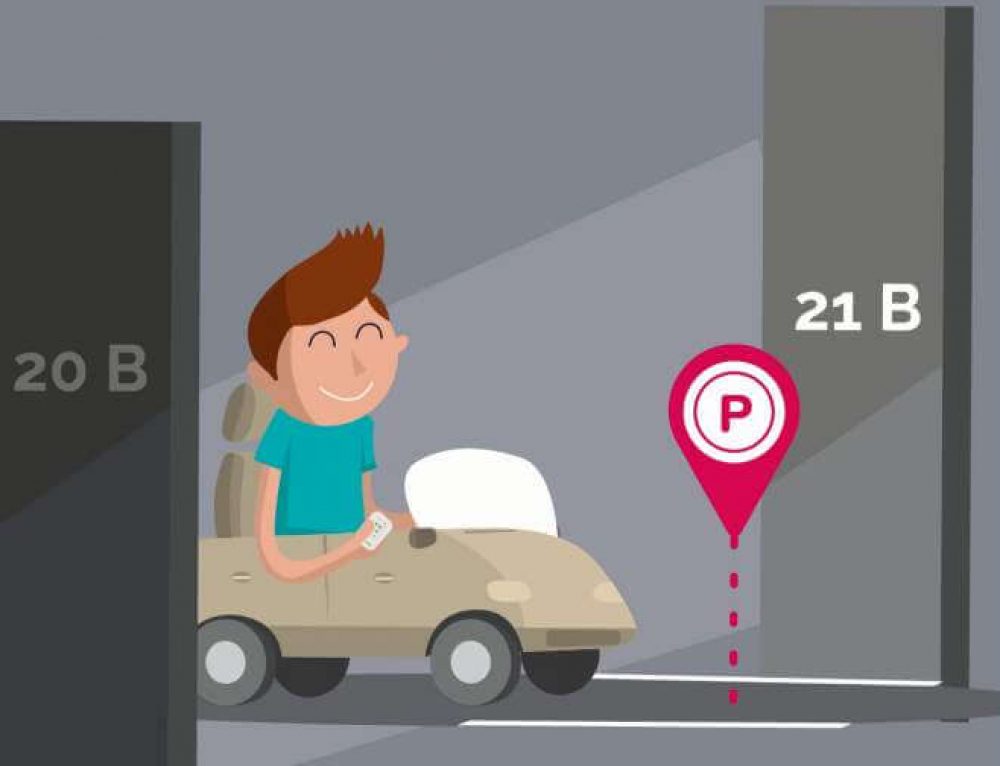Generation Y – broadly classified as people born during the 1990s – have different purchasing habits and material desires to their parents from the ‘baby boomer’ generation. Gen Y is a huge market, but it requires a new type of marketing message to get traction with them.
To read some reports, you’d think that the consumer driven market was coming to an end. Carrington, an American mortgage company (link below), highlighted that home ownership amongst people aged 25-34 had reduced from 52% in 1980 to 38% in 2012.
Of course market dynamics rather than attitudinal shift is driving that trend. In that same timeframe, the average cost of a home compared to disposable income has skyrocketed. Combine that with risk-averse lenders mortgage lenders demanding unachievable deposits to secure a mortgage, and it’s easy to see why millennials have been labeled as the ‘rent generation’.
And some would say that as a home is the most fundamental asset people can buy, peoples’ relationship with their home will skew their relationship with other assets. The thinking goes: ‘If it’s OK to rent your home, then why not rent everything else?’.
Reduced car ownership and Generation Y.
Maybe Generation Y were put off the desire to own possessions because they saw how their parents struggled to keep up repayments.
For people born in the 50s and 60s, part of defining their sense of achievement and status was in the things they owned. Primary amongst these were the houses they lived in and the car they drove. But owning these items had a high cost, and many Gen Y kids would have grown up listening to parents lamenting the high payments they made for their status symbols. A subtle message would be ingrained in young minds that ownership isn’t an easy ride.
Car ownership has been another casualty. With Detroit – once the capital of global car manufacturing – now a ghost town and the city facing bankruptcy, the idea of young people rushing out to buy their first car as soon as they were old enough for a licence is a distant memory.
In fact an article titled ‘Millennials don’t care about owning cars’ (link below), highlights that in the short period between 2007 and 2011, car ownership amongst 18 to 34-year-olds fell by an astonishing 30%.
So, the message we might get from the media is that nobody is buying houses, nobody is buying cars, and the consumer-driven society as we know it is about to end.
That’s wrong. Younger people are still living in houses and spending money – and they still travel from A to B – it’s just that they’re spending their money in different ways.
Shared parking applications for Generation Y consumers.
So the percentage figures for home and car ownership are tumbling. But consider this: the percentage of young people owning a smartphone has gone from about 0% to around 100% in the last few years.
OK. That’s a silly use of statistics because Apple & Android smartphones have only been around for a few years. But it’s a simplistic way of highlighting a shift in the way that Gen Y consumers act.
Here’s another thought. According to the ‘Millennials don’t care about owning cars’ article: “owning a smartphone or other mobile device, with its monthly fees of network access, data plan, insurance, and app services, is almost comparable to the monthly payments required when leasing a Honda Civic.”
That’s an illuminating observation. Their parents would have spent a sizeable proportion of their disposable income in buying a Honda Civic (or whatever model took their fancy), but Gen Y would prefer the latest Apple or Samsung as a way of showing they had arrived in the world of consumerism.
But getting back to the subject of cars – and the relevance of this story for shared parking operators – please take a moment to reflect on three loosely-related ideas which revolve around the notion of urban parking:
Creating bluetooth and cloud-enabled shared parking apps.
Look around any city street and it’s only too obvious that people of all ages are still driving. It might be their own car, a rental car, or a shared-with-friends car … but it’s still on the street and it still needs to be parked.
And it’s likely that all the people in the car have an Apple iOS or Android smartphone.
So really it’s not the relationship between the driver and the car that counts for the shared parking operator, it’s the relationship between all the vehicle’s occupants and their smartphone which is important. Here’s an example conversation:
Driver. “We’ll never find a parking space with all this traffic.”
Passenger. “Don’t worry. I’ve got an app for that.”
And as shared parking operators know very well from the AirBNB model, sub-renting private parking spaces in urban areas is a great way to expand your portfolio of spaces to sell.
The only issue is what happens when the car arrives at the parking spot. If it’s secured by a barrier based on 1960’s ‘clicker’ remote control technology … then pointing a bluetooth smartphone at the barrier is going to have little effect. It’s a technology generation thing. Radio controlled barriers and bluetooth, web-enabled phones just don’t talk to each other.
Or at least they didn’t, until ComThings developed a couple of solutions.
1) A USB-stick size dongle, driven by an app, that turns a Bluetooth signal into something that barriers understand.
2) A geo-sensing app linked to cloud-based software that will open the barrier as soon as the car approaches the barrier.
There’s more technical detail on the ComThings website about how those solutions actually work, but suffice to say that ComThings offers the entire hardware, mobile app APIs and server-side APIs for shared parking operators to implement a full package.
And best of all, it’s non-intrusive. There is no drilling, wiring or installation for the existing barriers. Which means the ComThings solution is a) inexpensive, b) fast and c) does not invalidate the maintenance contract of the barrier. Oh yes, the ComThings CTbee package works with any make or model of barrier too.
Avis to rent cars on every block via an app.
Avis gets Generation Y. The company doesn’t just have an app. They also aim to offer cars that are parked on every block. So booking a rental car can happen at a moment’s notice, with just a short walk to collect the vehicle. Making car rental that easy is how Gen Y want to shop.
Get the full story about developing your shared parking ecosystem.
The ComThings CTbee package is great way to give your Gen Y customers ‘on demand’ access to your shared parking assets.
CTbee provides a complete end-to-end solution for monetizing private parking bays, including smartphone APIs, two barrier opening options (Bluetooth or SMS), and server APIs for web-based solutions. Our solution enables highly localized on-demand parking or instant car hire services to be developed and launched.
By matching your offer to the mindset and buying habits of the next generation, you’ll be able to develop a sustainable and scalable business model.
Find out more. Get in touch with ComThings now.
Reference sources:
Carrington Mortgage Services.
US Generation Y home owner infographic.
http://www.prnewswire.com/news-releases/survey-by-carrington-mortgage-services-signals-down-payment-still-major-hurdle-for-most-millennials-300090038.html
FactCoexist website.
Millennials don’t care about owning cars.
http://www.fastcoexist.com/3027876/millennials-dont-care-about-owning-cars-and-car-makers-cant-figure-out-why

